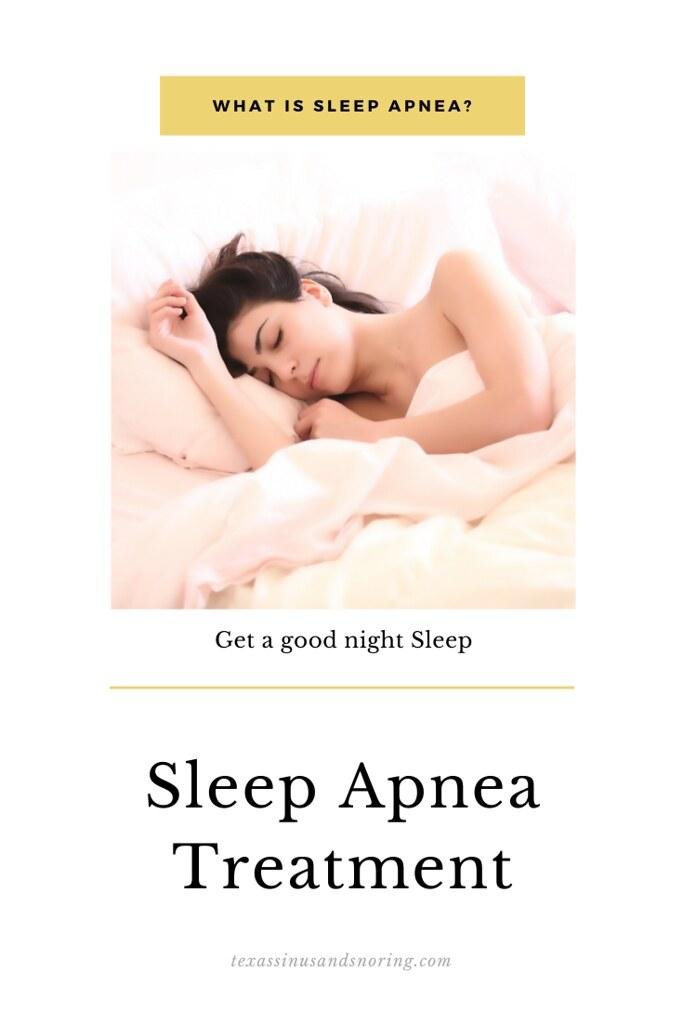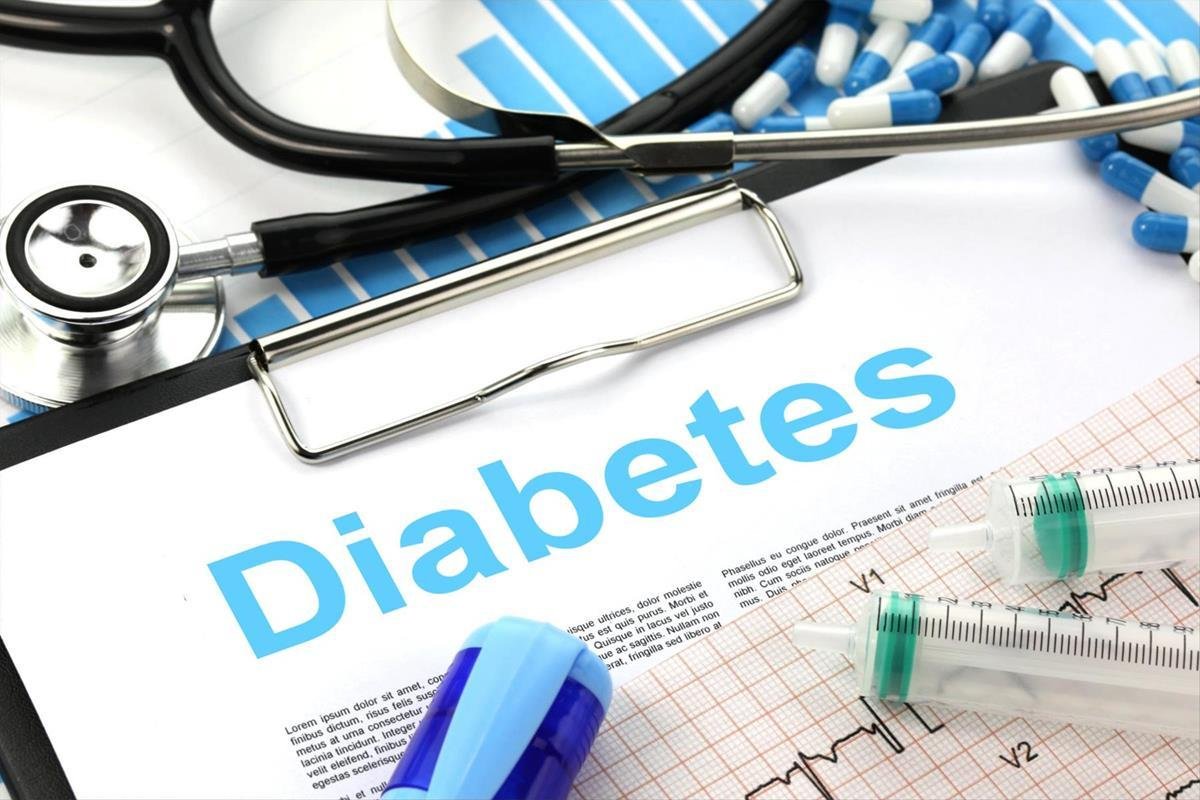
Sleep Apnea: Symptoms, Risks, and Treatments
In this comprehensive guide, we are delving into the world of sleep apnea, a pervasive sleep disorder that often goes unnoticed. Despite its widespread prevalence, countless people are blissfully unaware of their affliction, leading to numerous health problems if left untreated. Read on to understand more about sleep apnea, its potential risks, symptoms to be aware of, and the most effective treatments available.
What is Sleep Apnea?
Sleep apnea is a serious sleep disorder where breathing repeatedly stops and starts throughout sleep. There are primarily three types of sleep apnea:
- Obstructive sleep apnea (OSA)
- Central sleep apnea (CSA)
- Complex or mixed sleep apnea
It is imperative to note that if you snore loudly or feel weary even after a full night’s rest, it’s worth considering a sleep apnea diagnosis.
Sleep Apnea Symptoms
Seeing as how those with sleep apnea typically aren’t aware of their struggles, diagnosing the condition often proves challenging. Most times, it is identified by someone witnessing the individual while they sleep or the associated symptoms manifesting over time. Here are the most common symptoms associated with sleep apnea:
- Loud snoring,
- Gasping for air during sleep,
- Waking up with a dry mouth,
- Morning headaches,
- Insomnia,
- Excessive daytime tiredness (hypersomnia),
- Difficulty focusing while awake,
- Feeling irritated.
Risks Associated with Sleep Apnea
Ignoring sleep apnea can lead to a host of complications. Since the condition primarily affects the individual’s sleep, it can cause daytime fatigue and underperformance. However, the risks extend far beyond this, as untreated sleep apnea may also lead to or worsen:
| Health Risks |
|---|
| High blood pressure and heart problems |
| Type 2 diabetes |
| Metabolic syndrome |
| Liver issues |
| Surgical complications |
Treatments for Sleep Apnea
Recognizing the gravity associated with sleep apnea, battling it has become a necessary pursuit for many. Fortunately, numerous treatment options are available to cater to a variety of needs.
Conservative Treatments
This encompasses lifestyle modifications like weight loss, quitting smoking, limit alcohol and caffeine intake before bedtime, and maintaining regular sleep hours.
Breathing Devices
Continuous positive airway pressure (CPAP) is a popular treatment for moderate to severe sleep apnea in adults. This device keeps your airway open by delivering a steady stream of air through a mask that you wear while sleeping.
Surgical Options
Depending on the severity and exact cause of sleep apnea, several surgical options like uvulopalatopharyngoplasty (UPPP), maxillomandibular advancement, and nasal surgery are available.
Conclusion
Sleep apnea is a significant health condition affecting a vast proportion of the adult population globally. Understanding its symptoms, potential risks, and treatments can arm you with the necessary knowledge to seek timely help and effectively manage the condition. Just remember — if you or a loved one snores excessively or feels perpetually tired after a full night’s sleep, it might be worth checking out if sleep apnea is the culpable sleepy lurker.
RELATED POSTS
View all




